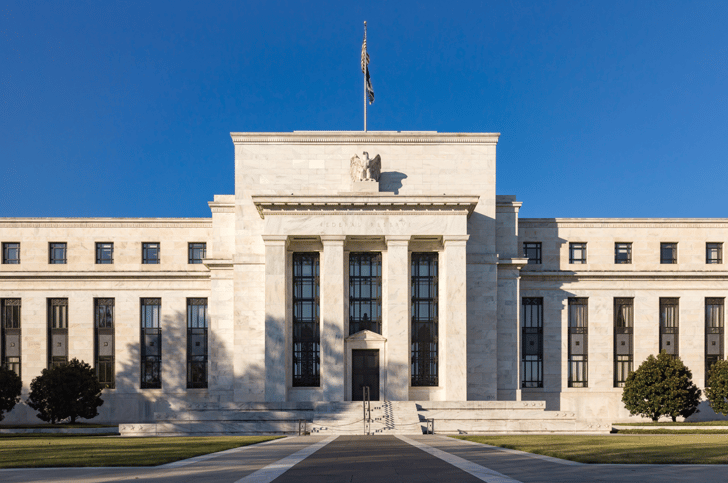
The United States is bracing for yet another jumbo rate hike on Wednesday, September 21, as the Federal Reserve had already increased the federal funds rate by 75 basis points in June and July. The inflation data for August was higher than expected, leading to the worst day for the US equity markets since 2020. Despite the growing inflation, there are broad expectations that the Fed will increase the benchmark rate by only 75 basis points in September due to fears of recession and triggering another stock market meltdown if the Fed chooses a more hawkish approach.
However, based on the most recent data, both traditional and alternative, we believe it is increasingly more likely that the Fed chooses a 100-basis points rate hike in order to fulfill its dual mandate of price stability and maximum sustainable employment.
Indeed, these concerns are not unfounded. The US is in technical recession as the real GDP change was negative for two consecutive quarters in a row. A jumbo rate hike by anything larger than 75 basis points would mean a substantial hit to the economic activity, while the stock market is already unnerved by the monetary policy tightening cycle.
![]()
But on the other hand, the signals from the most recent high-frequency data show that the US economy is quite resilient to the tightening monetary policy. Although unemployment rate inched up in August, the labour market is very tight and could potentially absorb a larger rate hike. The initial jobless claims have been declining for five weeks straight to 213,000, seasonally adjusted, in the week that ended on September 10, 2022. This is the lowest level since May.
.png?width=728&name=Labour%20Market%20(1).png)
Moreover, the OECD weekly GDP growth tracker, a real-time high-frequency indicator of economic activity, has been following an acceleration path during the weeks for which there is no official GDP data yet. As of September 4, the latest available weekly data, the indicator estimates more than 2% y/y growth, suggesting the Q3 growth will outpace the one in the previous quarter.
.png?width=160&name=ceic-logo-Vector%20logo%20no%20tagline%20(002).png)
